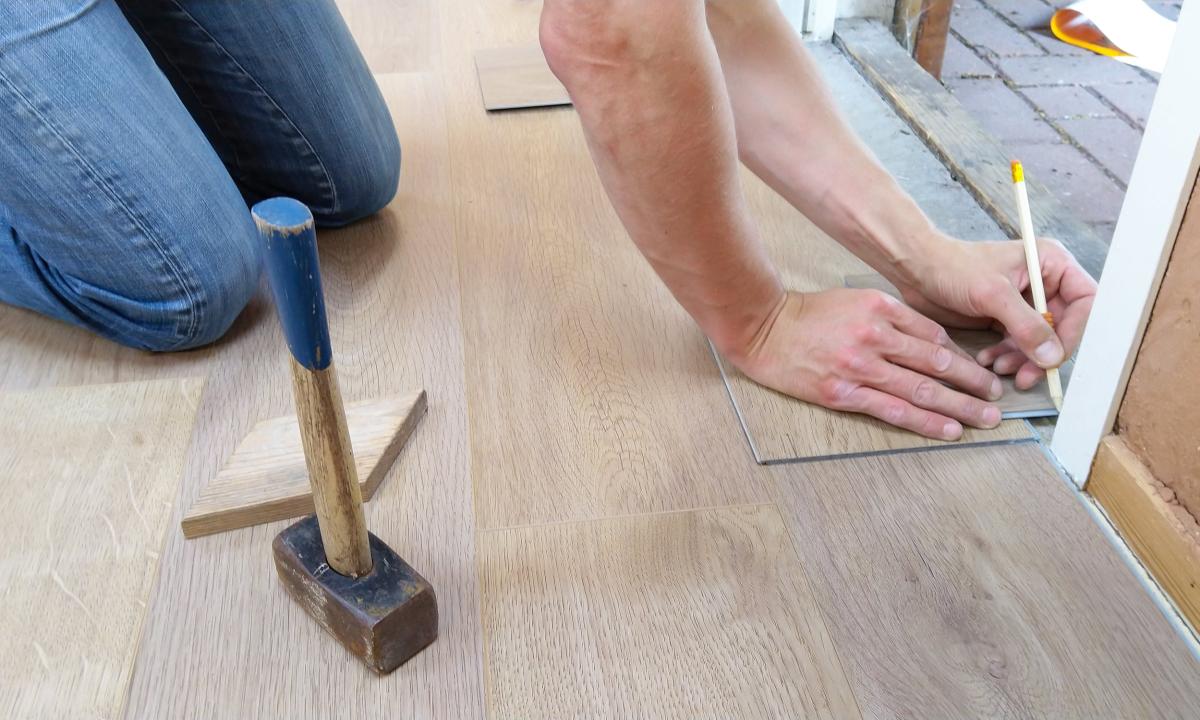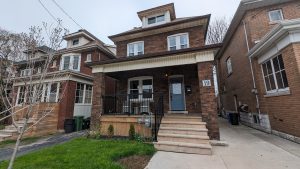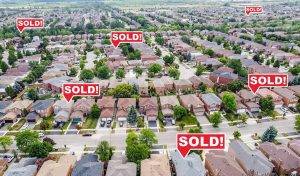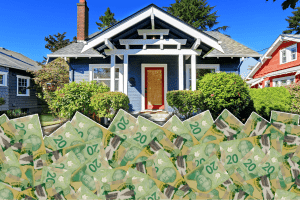What’s the Best Option for First-Time Home Buyers in the GTA?
As a first-time home buyer in the Greater Toronto Area (GTA), you might be wondering whether it’s better to rent or buy a house. Both options have their advantages and disadvantages, and the decision ultimately depends on your financial situation, lifestyle, and future goals. In this article, we will discuss the pros and cons of renting and buying a home in the GTA, and help you make an informed decision.
Introduction
Before we dive into the details, let’s first define what renting and buying a house means. Renting a house means paying a monthly rent to a landlord for the right to live in the property, while buying a house means purchasing the property and becoming its owner. Renting and buying have different implications for your finances, lifestyle, and future plans, so it’s important to weigh them carefully.
Advantages of Renting
Lower upfront costs
One of the biggest advantages of renting is the lower upfront costs. When you rent a house, you usually need to pay a security deposit (equal to one month’s rent) and the first month’s rent, but you don’t have to worry about a down payment, closing costs, or other fees associated with buying a home. This makes renting a more accessible option for people who don’t have a lot of savings or a stable income.
Flexibility
Renting also offers more flexibility than buying a house. When you rent, you can usually sign a lease for a year or two, and then move to a different property or city if you want to. This is especially important for people who are still exploring their career options or who have a job that requires them to move frequently.
Less responsibility
Another advantage of renting is that you have less responsibility for the property. When you rent, the landlord is responsible for repairs, maintenance, and upgrades, so you don’t have to worry about fixing a leaky roof or replacing a broken furnace. This can save you a lot of time, money, and stress.

Disadvantages of Renting
No equity
One of the biggest disadvantages of renting is that you don’t build equity in the property. Equity is the difference between the market value of the property and the amount of mortgage you owe on it. When you rent, you don’t own any part of the property, and you can’t use it as collateral for a loan or a line of credit.
Limited customization
Another disadvantage of renting is that you have limited customization options. When you rent, you usually can’t make any major changes to the property without the landlord’s permission, and you might not be able to paint the walls, hang pictures, or install shelves. This can make it harder to personalize the space and make it feel like home.
Rent increases
Finally, renting comes with the risk of rent increases. When you sign a lease, the landlord can increase the rent when the lease expires, and you might not be able to negotiate a lower rate. This can make it harder to budget your expenses and plan for the future.
Advantages of Buying
Building equity
One of the biggest advantages of buying a house is that you build equity in the property. As you make mortgage payments, you gradually pay off the loan and increase your ownership stake in the property. This can be a valuable asset for your future, as you can use the equity to borrow money, invest in other properties, or fund your retirement.
Customization
Another advantage of buying is that you have more customization options. As the owner of the property, you can make any changes you want to the space, from painting the walls to renovating the kitchen. This can make it easier to create a home that reflects your style and preferences, and can increase the property’s value over time.
Stable housing costs
When you buy a house, you also benefit from stable housing costs. Unlike renting, where the landlord can increase the rent at any time, a fixed-rate mortgage ensures that your monthly payments will stay the same for the duration of the loan. This can make it easier to budget your expenses and plan for the future.
Disadvantages of Buying
Higher upfront costs
One of the biggest disadvantages of buying a house is the higher upfront costs. When you buy a house, you usually need to make a down payment (usually 5-20% of the property’s value), pay closing costs (including legal fees, appraisal fees, and title insurance), and cover other expenses such as home inspection, moving, and furnishing. This can be a significant financial burden, especially for first-time home buyers.
Responsibility for repairs and maintenance
As a homeowner, you are also responsible for repairs and maintenance. This means that if something breaks or needs to be replaced (such as a roof, a furnace, or a water heater), you have to pay for it yourself. This can be expensive and time-consuming, and can add to the overall cost of homeownership.
Less flexibility
Finally, buying a house offers less flexibility than renting. When you buy a house, you are committed to living in the same property for a long time (usually 5-10 years), and it can be harder to move if your circumstances change. This can be a disadvantage for people who value mobility and flexibility.
Conclusion
So, which is better, renting or buying a house? The answer depends on your individual circumstances, preferences, and goals. Renting offers lower upfront costs, more flexibility, and less responsibility, while buying offers the potential for equity, customization, and stable housing costs. When making your decision, consider factors such as your financial situation, lifestyle, future plans, and local real estate market.

FAQs
- Can I rent to own a house in the GTA? Yes, some landlords offer rent-to-own options, where you can rent the property for a certain period of time and then buy it at the end of the lease. However, these arrangements can be complex and risky, so it’s important to consult with a real estate lawyer and a financial advisor before signing any agreements.
- What is the average rent in the GTA? The average rent for a one-bedroom apartment in the GTA is around $1,800 per month, while the average rent for a two-bedroom apartment is around $2,300 per month. However, rents can vary significantly depending on the location, size, and quality of the property.
- How much do I need for a down payment when buying a house in the GTA? The minimum down payment for a house in the GTA is 5% of the property’s value, but you may need to make a larger down payment (10-20%) to qualify for a mortgage with a lower interest rate and lower monthly payments. You should also budget for closing costs, which can add up to 2-5% of the property’s value.
- What is the best time to buy a house in the GTA? The best time to buy a house in the GTA depends on the local real estate market, which can be affected by factors such as interest rates, inventory, and demand. Generally, the spring and fall are popular seasons for buying and selling houses, but you should consult with a real estate agent to get a better understanding of the local market trends.
- How can I improve my chances of getting approved for a mortgage in the GTA? To improve your chances of getting approved for a mortgage in the GTA, you should have a good credit




















